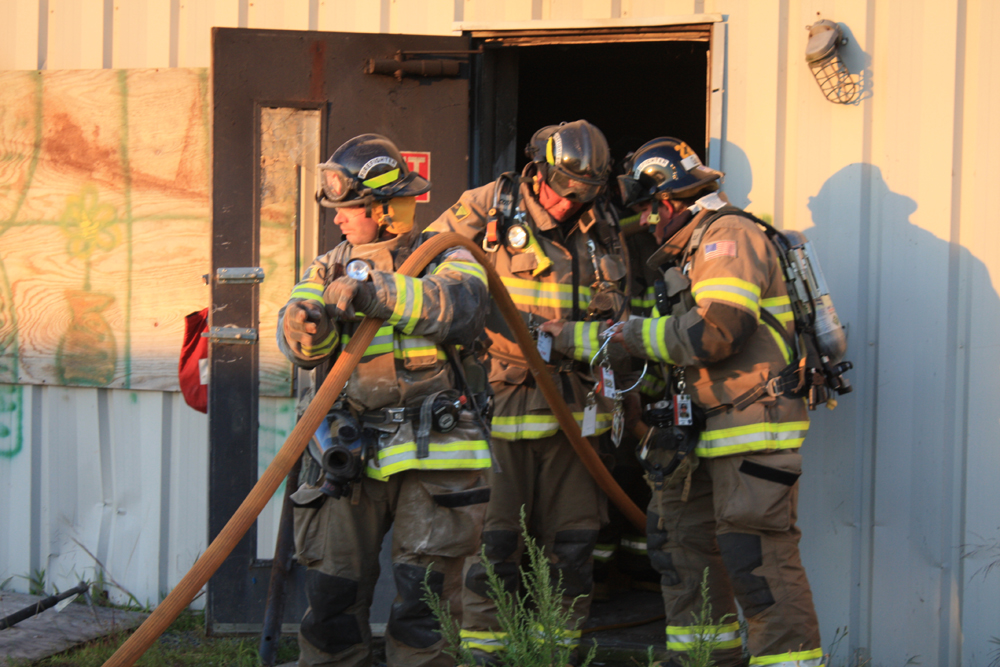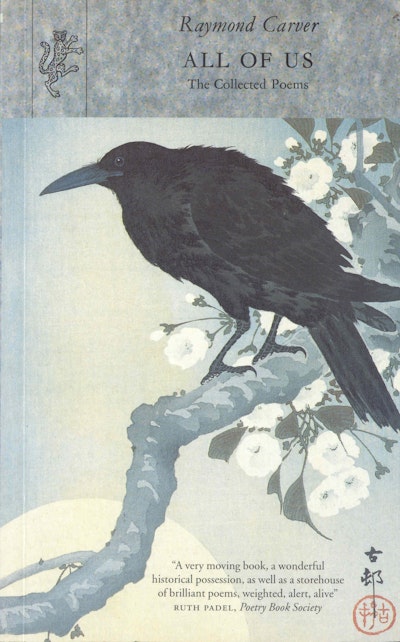

There are several reasons for this disparity. The stories are always readable but this is often achieved by mere literary skill and one feels cheated rather than enriched at the end. The overwhelming impression is not of a man driven to testify but of a practised, cunning and profoundly self-conscious artist. One expects the emphasis to be on content rather than style – but in fact the reverse is true. ‘I hate tricks.’Īll this prepares us for a writer impatient with literary conventions and grappling directly with experience – and at the prospect of ‘news of the world’ one’s own heavy and bewildered heart lifts a little. Too often such writing gives us no news of the world, or else describes a desert landscape and that’s all – a few dunes and lizards here and there, but no people.’ Nor could there even be anything fancy. Even worse, a licence to brutalise or alienate the reader.

God forbid, I’m not complaining now, just giving facts from a heavy and still-bewildered heart.’ Urgency also ruled out experimentation – ‘a licence to be careless, silly or imitative in the writing. ‘These circumstances dictated, to the fullest possible extent, the forms my writing could take. These conditions are also given as the reason for choosing the short story form – there was no time for novels. I understood writers to be people who didn’t spend their Saturdays at the laundromat and every waking hour subject to the needs and caprices of their children.’ ‘At that moment I felt – I knew – that the life I was in was vastly different from the lives of the writers I most admired.


Just as he is about to do so a woman comes to the dryer, feels the clothes – and inserts two more coins. By the ‘law of the laundromat’ he can dump the clothes within thirty seconds if no one shows up. Carver’s wife is working as a waitress and, with five or six loads of family wash to do before collecting his kids from a party, Carver plants himself in front of a dryer just coming to a halt. ‘Fires’, the title essay, has a marvellous description of fear and loathing in a laundromat in Iowa City. It is the professorship that goes on the dust-jackets and not the many jobs, which are mentioned dismissively, in passing, in one of the essays in Fires. One can tell Carver is genuine because he makes nothing of it. Most writers would give a right arm for such authentic redneck credentials and one can be sure that most funky jobs listed on blurbs were only held for a couple of weeks during summer vacations. Raymond Carver is a typically American hero, a kind of literary Rocky – janitor, delivery man, sawmill operator, servicestation attendant, an uneducated alcoholic no-hoper who rises to Major Writer status and the Professorship of English at Syracuse University.


 0 kommentar(er)
0 kommentar(er)
